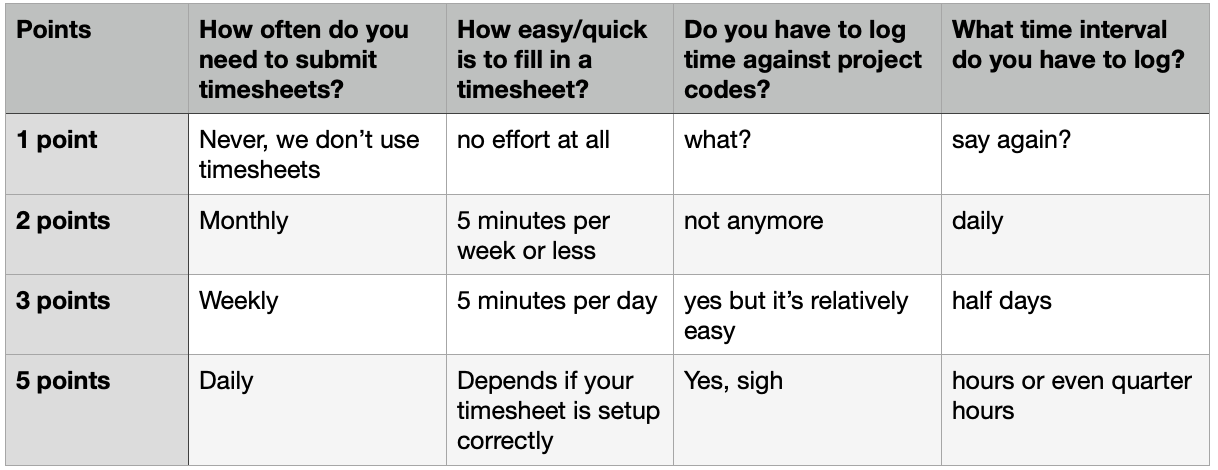What if there was a quick way to understand what sort of organisation you are about to join?If you’ve ever worked for an organisation in exchange for money, the chances are you have had to go via an interview process. As your career progresses, you begin to realise that the interview process works both ways. You choose the organisation as much as it chooses you. I don’t claim to have been very wise with some of the roles I’ve agreed to do in the past. Quite the opposite, I had made some awful choices on the basis of my interview experience, only to discover later that I should instead have ran away as fast as I can. Is this just me? I don’t think so. Over time and after several spectacularly bad attempts, I believe, I’ve finally learned some pointers to guide me as I choose a new role and a new organisation. Now, I have specific roles that I do and there’s a certain type of organisations that I usually work for. Some of my tips will be very niche and not applicable to most. Others however are very generic and that is the case with this one. As I write this post in July 2020, timesheets are still a fact of the workplace. Regardless of the overwhelming evidence that tracking time is largely a wasteful activity in most organisations, the reality is that businesses work with timesheets and they are so ingrained in their operations, that it may take a couple of more decades (if not longer) to replace. Yes, you guessed it, I’m not a fan. But for all my dislike for timesheets and whatever purpose they serve, I think I’ve uncovered a useful application of the nature of the timesheet process in your future organisation. What I mean is that the way an organisation collects and uses timesheet information can tell you a lot about the culture in the organisation. And if you’re picky like me, you’d want to make sure that said culture is at very least bearable if you you’re going to spend a lot of time ingrained in it. To make this easier to understand I have created a small table with a set of indicators and a scale based on your score. You can easily learn this information about an organisation during your interviews because the timesheet collection is typically seen as a chore and people like complaining about it. Unless the organisation doesn’t use timesheets or have made it almost painless in which case your interviewers will proudly let you know about it.
This is The Timesheet Indicator that I use when choosing organisations to work with. If you find it useful please share your experience in the comments section. Happy organisation hunting! |
Welcome to our blog!About the authorPlamen is a LeanStack coach and an experienced Software Delivery consultant helping organisations around the world identify their path to success and follow it. Archives
November 2023
Categories
All
|



 RSS Feed
RSS Feed
